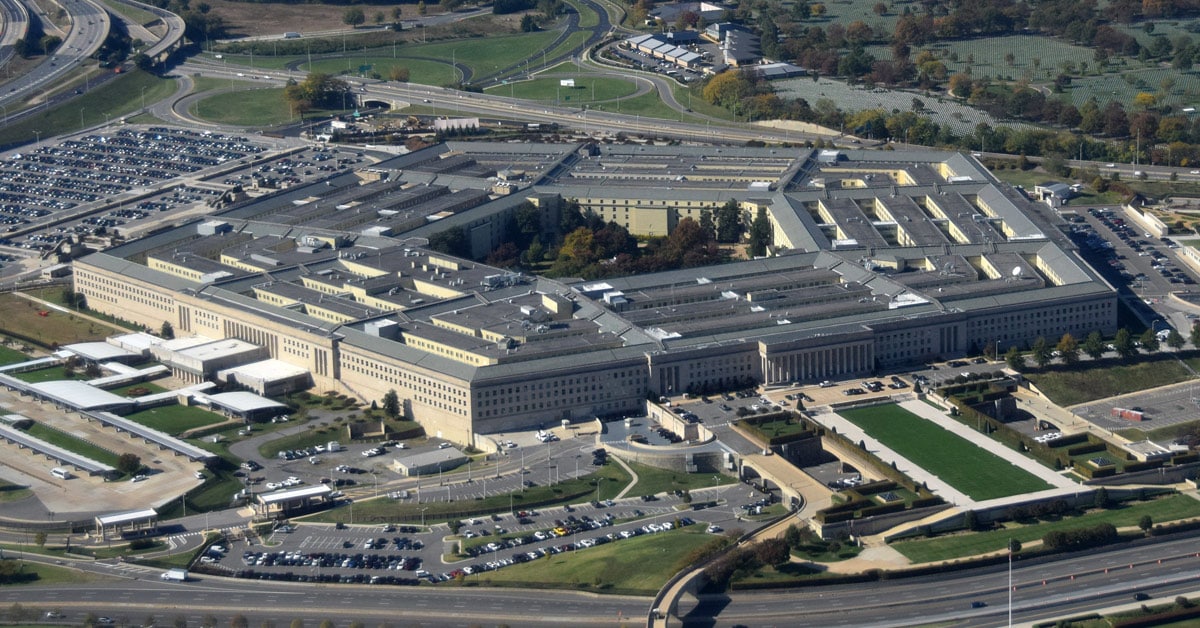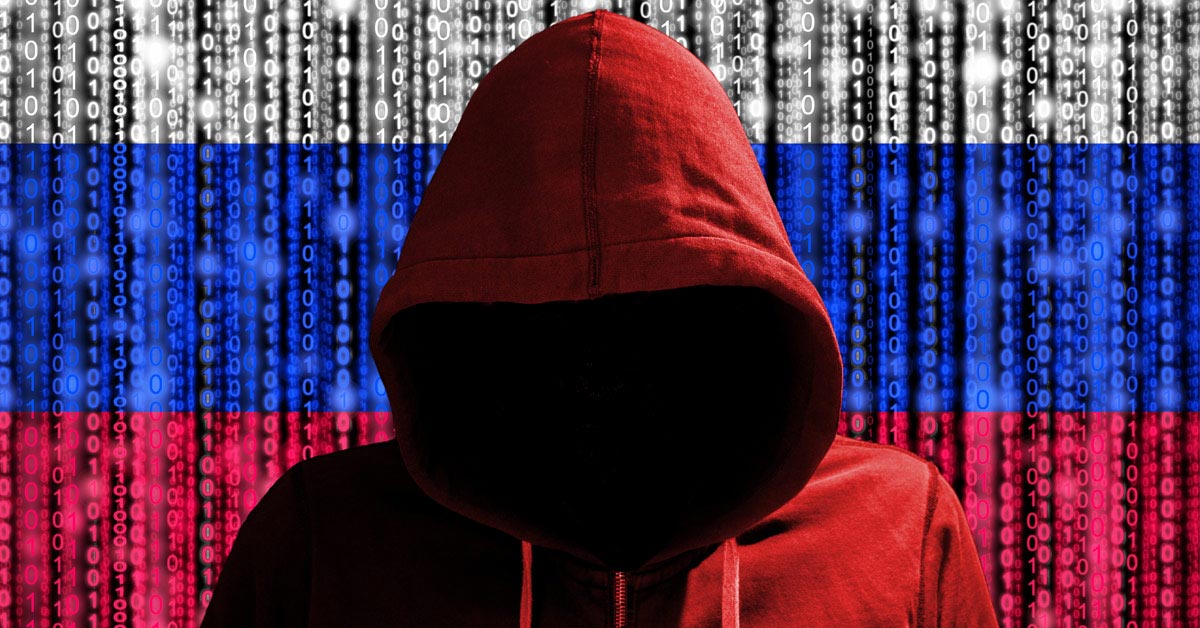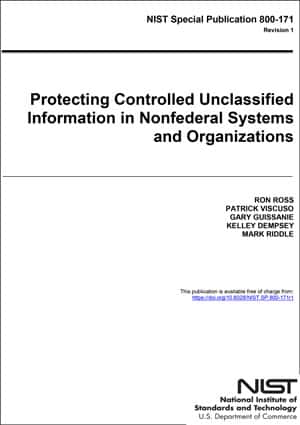The Washington Post has reported that The Pentagon has developed a new strategy to protect its supply chain from cyber crime and foreign interference. As well as basing how it awards its weapons contracts on the price and performance that each contractor can offer, The Pentagon will now also consider security as an important factor when deciding which contractors to work with. This move marks an important shift in how the Pentagon regards security.

The new strategy is designed to reward DoD contractors who take their security responsibilities seriously. According to Kari Bingen, the deputy undersecretary for intelligence at the Pentagon, “Security should be seen not as a ‘cost burden,’ but as a major factor in their competitiveness for U.S. government business.”
Last year, the Department of Defense implemented a set of cybersecurity regulations that all DoD contractors must follow. These regulations are known collectively as DFARS (the Defense Federal Acquisition Regulation Supplement) and are designed to protect DoD data from cyber theft. To comply with DFARS, DoD contractors must provide adequate security to protect covered defense information that is stored on or transmitted through their systems. Contractors must also report cyber incidents within a specified time period and cooperate with the DoD to investigate and respond to those incidents.
The Pentagon’s new policy will encourage all contractors to take action to ensure their businesses comply with DFARS. If they want to continue to work with the DoD, contractors will need to pay ongoing attention to their security systems and procedures to ensure they meet the required standards.
In summary, the DFARS mandate was just the beginning when it comes to improving the security of DoD contractors. The Pentagon will now have the power to force contractors to comply with the regulations, by recognizing that compliant businesses can offer a competitive advantages over those that do not comply. In simple terms, those businesses that can demonstrate compliance will win, while those that can’t will lose.
A recent report from the Pentagon suggested that businesses in the DoD supply chain should receive incentives, such as tax breaks, to encourage them to improve their security practices. The report also suggested laws to grant businesses immunity from being sued if they share information about holes in their security systems that could help to protect other companies.
If your business has any connections with the defense industry, you need to take action now to become DFARS compliant. In addition to putting in place security policies and procedures that keep all data stored on your systems safe, you also need to be able to show the DoD what measures you are taking to comply with DFARS and protect sensitive defense information.
If you can demonstrate compliance, you will gain a competitive advantage over your competitors in this security-conscious era. Your business will be more likely to secure and keep contracts with the DoD, compared to businesses that overlook the importance of a robust cybersecurity strategy.
For help with becoming DFARS compliant, you can get in touch with SysArc today. We can address your cyber security concerns and help you offer your clients the very best security for their data. If you want to win and keep contracts with the DoD, contact SysArc today to get started on improving your business’s security.








